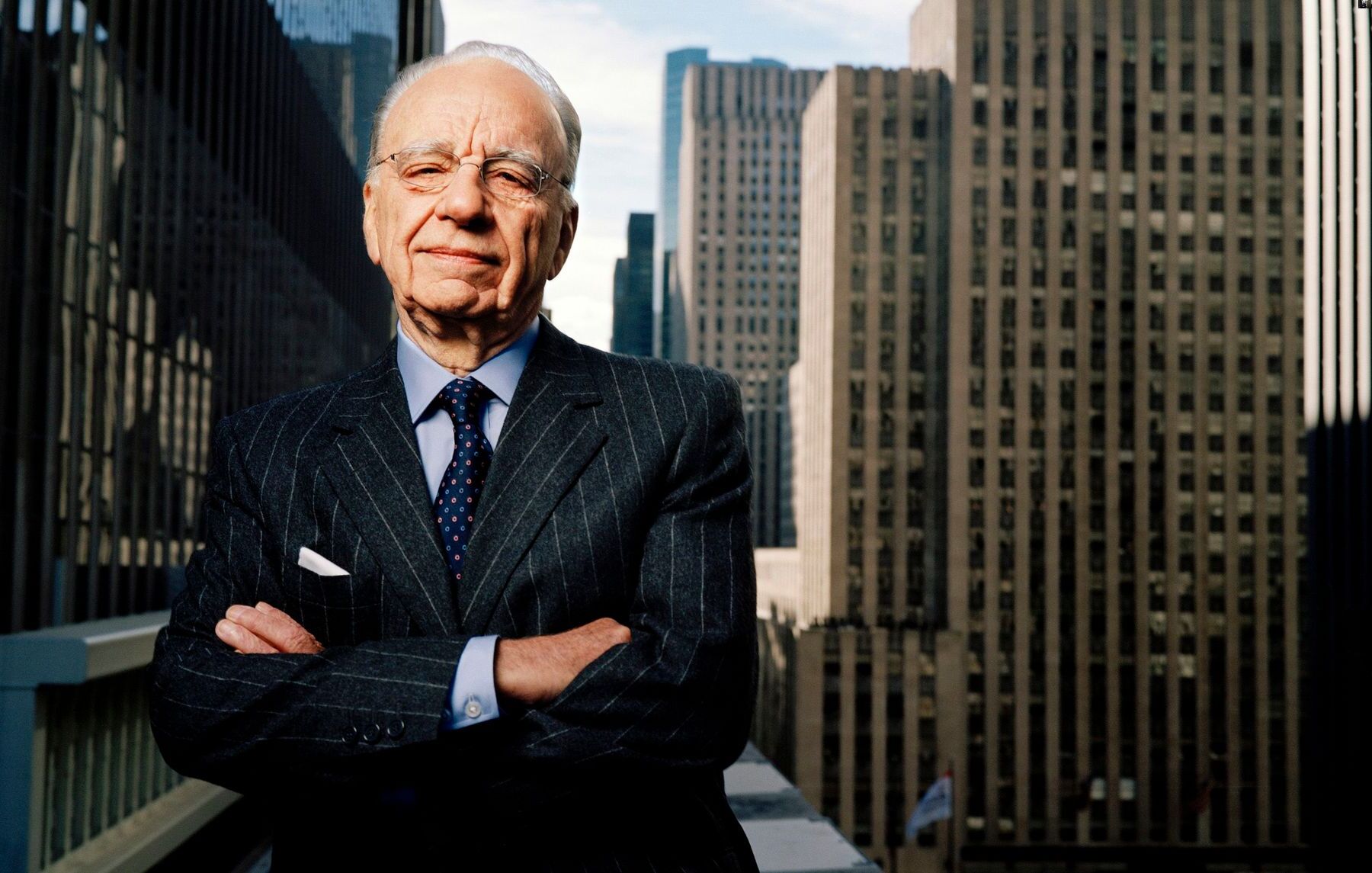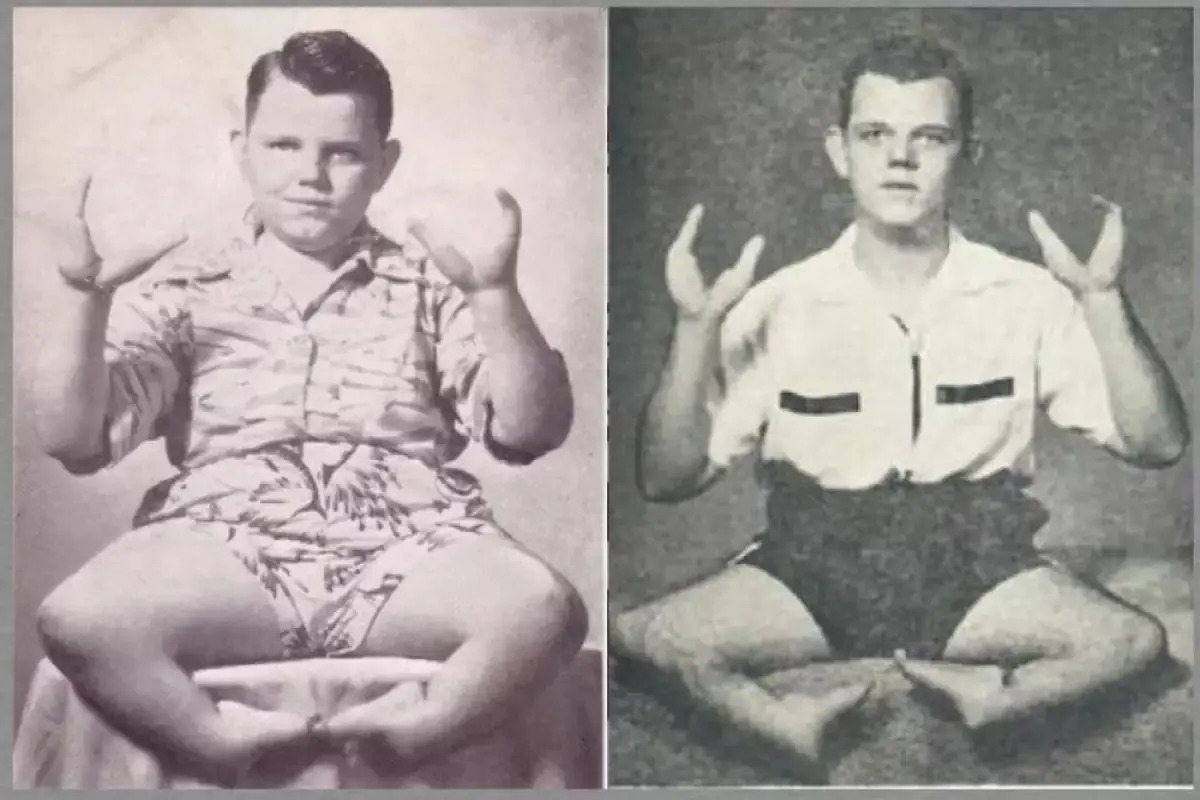
Who is Rupert Murdoch? Rupert Murdoch, born Keith Rupert Murdoch on March 11, 1931, in Melbourne, Australia, is a media mogul who has shaped global journalism, politics, and popular culture for over seven decades. From inheriting a small newspaper in Adelaide to building a media empire that spans continents, Murdoch's journey is marked by bold acquisitions, sensationalist journalism, and significant influence on political landscapes. His ventures include the creation of Fox News, the acquisition of The Times of London, and the launch of The Australian. Despite controversies like the phone-hacking scandal, Murdoch's impact on media is undeniable.
Key Takeaways:
- Rupert Murdoch, a media mogul, started his journey in Melbourne, Australia, and built a global empire through strategic acquisitions and controversial editorial choices.
- Despite his significant impact on the media industry, Murdoch's career has been marked by both achievements and controversies, shaping popular culture and politics worldwide.
Early Life and Education
Rupert Murdoch's journey began in Melbourne, Australia, where he was born into a family with a rich journalistic heritage. His early years and education played a crucial role in shaping his future.
- Birth and Early Life: Rupert Murdoch was born on March 11, 1931, to Sir Keith Murdoch, a renowned Australian war correspondent and publisher, and Dame Elisabeth Murdoch, a philanthropist.
- Education: Murdoch attended Geelong Grammar School, where he was co-editor of the school's official journal The Corian and editor of the student journal If Revived.
- University Studies: He later studied philosophy, politics, and economics at Worcester College, Oxford, where he was known as "Red Rupert" for his left-wing leanings.
- Family Background: His Scottish-born paternal grandfather, Patrick John Murdoch, was a Presbyterian minister. Murdoch has three sisters: Helen, Anne, and Janet.
Early Career and First Acquisitions
Murdoch's career took off after inheriting his father's newspaper business. His early acquisitions laid the foundation for his media empire.
- Inheritance and Early Career: After his father's death from cancer in 1952, Murdoch inherited The News Ltd. company in Adelaide, Australia.
- First Major Acquisition: In 1956, Murdoch purchased the Perth-based Sunday Times and revamped it in the sensationalist style of his Adelaide newspaper.
- Sydney Market Entry: In 1960, Murdoch bought the struggling Daily Mirror and Sunday Mirror in Sydney, transforming them into Sydney’s best-selling afternoon papers.
- National Daily Paper: In 1964, Murdoch founded Australia’s first national daily paper, The Australian, which helped rebuild his image as a respectable news publisher.
Expansion into the UK and the Birth of Tabloids
Murdoch's move to the UK marked a significant turning point, where he began to shape the tabloid newspaper industry.
- British Market Entry: In the fall of 1968, Murdoch moved to London and purchased the enormously popular Sunday tabloid The News of the World.
- Acquisition of The Sun: The following year, he bought another struggling daily tabloid, The Sun, and transformed both into successful tabloids with his formula of reporting heavily on sex, sports, and crime.
- Page 3 Feature: The Sun also attracted readers by including pictures of topless women in its infamous “Page 3” feature, which became a hallmark of the paper.
American Expansion and Major Acquisitions
Murdoch's ambitions led him across the Atlantic, where he made significant strides in the American media landscape.
- American Expansion: In 1973, Murdoch entered the American newspaper business by purchasing two San Antonio, Texas, dailies.
- National Weekly Tabloid: In 1974, he introduced a national weekly sensationalist tabloid, The Star, to compete with The National Enquirer.
- New York Post Acquisition: In 1976, Murdoch purchased the afternoon tabloid New York Post, which he later sold but repurchased in 1993.
- Boston Herald Acquisition: In 1982, he purchased the Boston Herald American from the Hearst Corporation and changed the name to Boston Herald, selling it in 1994.
- TV Guide Acquisition: In 1988, Murdoch bought TV Guide, which he sold in 2008.
- Chicago Sun-Times Purchase: During the 1980s and 1990s, Murdoch acquired several American publications, including the Chicago Sun-Times, which he later sold.
- Village Voice and New York Magazine: He also purchased The Village Voice and New York magazine but later sold both.
Building a Global Media Empire
Murdoch's vision extended beyond newspapers, leading to the creation of a global media conglomerate.
- The Times and Sunday Times Acquisition: In 1981, Murdoch acquired The Times and Sunday Times of London.
- Naturalized U.S. Citizen: In 1985, Murdoch became a naturalized U.S. citizen, based in New York City.
- 20th Century Fox Creation: In 1986, he created Fox Broadcasting Company, which would later become a significant part of his media empire.
- Harper & Row Purchase: In 1987, Murdoch purchased the U.S. publishing house Harper & Row for $300 million, later merging it with two other publishing operations into HarperCollins.
- News Corporation Formation: In 1979, Murdoch formed News Corporation (News Corp.), a holding company for his various media properties.
- Star TV Purchase: In 1993, he purchased Star TV, a pan-Asian television service based in Hong Kong.
- Fox News Channel Launch: In 1996, Murdoch launched the Fox News Channel, which would become a major player in American cable news.
Scandals and Reorganization
Murdoch's career has not been without controversy. Scandals and legal issues have led to significant changes within his empire.
- Media Holdings: News Corp. has holdings in cable, film, television, internet, direct broadcast satellite television, sports, publishing, and other fields.
- Scandal and Reorganization: In 2011, News Corp. faced a major scandal involving phone hacking at News of the World, leading to significant legal and financial repercussions.
- 21st Century Fox Sale: In 2019, 21st Century Fox was sold to The Walt Disney Company, resulting in the creation of Fox Corporation.
- Fox Corporation Establishment: The sale of 21st Century Fox led to the establishment of Fox Corporation, with Murdoch serving as chairman until his retirement in 2023.
- Retirement Announcement: In September 2023, Murdoch announced his retirement as chairman of Fox Corp. and News Corp.
Influence and Controversies
Murdoch's influence on journalism and politics has been profound, but it has also attracted significant controversy.
- Influence on Journalism: Throughout his career, Murdoch has been known for his influence on journalism, often accused of biased and misleading coverage.
- Political Influence: His media outlets have been linked to major political developments in the UK, US, and Australia.
- Controversies: Murdoch has faced numerous controversies, including the phone-hacking scandal at News of the World in 2011.
- Admission of Falsehoods: In 2023, Murdoch admitted that Fox News had spread falsehoods about the 2020 U.S. presidential election.
Personal Life and Philanthropy
Beyond his business ventures, Murdoch's personal life and philanthropic efforts have also been noteworthy.
- Marriages and Children: Murdoch has been married four times and has six children: Prudence, James, Lachlan, Elisabeth, Chloe, and Grace.
- Philanthropy: Despite his business acumen, Murdoch has also been involved in philanthropic activities, particularly through the Murdoch Children's Research Institute.
- Business Style: Known for his hands-on approach, Murdoch has often been involved in the daily operations of his newspapers.
- Sensationalist Journalism: His formula for boosting circulation has always emphasized crime, sex, scandal, and human-interest stories.
- Conservative Editorializing: Many of his publications have been accused of conservative editorializing.
Global Reach and Media Holdings
Murdoch's media empire spans the globe, with significant holdings in various sectors.
- Global Reach: News Corp. has operations in over 50 countries.
- Media Holdings: The company owns numerous publications, including The Wall Street Journal, The Times of London, The Sun, The New York Post, and The Australian.
- Television Holdings: News Corp. also owns several television networks, including Fox Broadcasting Company, Sky News, and Star TV.
- Film Holdings: The company has significant film holdings through 20th Century Fox, which was sold to Disney but retains some assets under Fox Corporation.
- Internet Presence: News Corp. has a substantial online presence through various websites and digital platforms.
- Sports and Entertainment: The company has interests in sports and entertainment through its various media outlets.
Legacy and Impact
Murdoch's legacy in the media industry is complex, marked by both significant achievements and controversies.
- Reputation and Legacy: Despite controversies, Murdoch remains a significant figure in the media industry.
- Comparison to William Randolph Hearst: Murdoch has been compared to William Randolph Hearst due to their similar business strategies and influence on popular culture.
- Media Conglomerate Structure: The restructuring of News Corp. into two separate companies allowed each entity to focus on its respective strategic objectives.
- Leadership Style: Murdoch has been described as a hands-on leader who is deeply involved in the operations of his companies.
- Impact on Popular Culture: Through his various media outlets, Murdoch has had a lasting impact on popular culture, influencing what people read, watch, and listen to.
Murdoch's Lasting Impact
Rupert Murdoch's journey from a small newspaper in Adelaide to a global media empire is nothing short of remarkable. His hands-on approach, knack for sensationalist journalism, and strategic acquisitions have left an indelible mark on the media landscape. Despite controversies like the phone-hacking scandal and accusations of biased reporting, Murdoch's influence on journalism, politics, and popular culture is undeniable. His media outlets have shaped public opinion and political discourse across the globe. Even after his retirement in 2023, Murdoch's legacy continues through his vast media holdings and the ongoing impact of his business strategies. Love him or hate him, Murdoch's name will forever be associated with modern journalism and media. His story serves as a testament to the power of media and its ability to shape the world.
Frequently Asked Questions
Was this page helpful?
Our commitment to delivering trustworthy and engaging content is at the heart of what we do. Each fact on our site is contributed by real users like you, bringing a wealth of diverse insights and information. To ensure the highest standards of accuracy and reliability, our dedicated editors meticulously review each submission. This process guarantees that the facts we share are not only fascinating but also credible. Trust in our commitment to quality and authenticity as you explore and learn with us.


